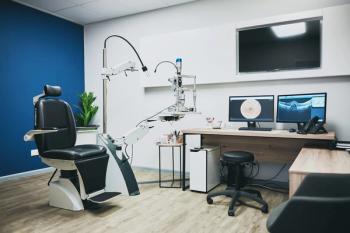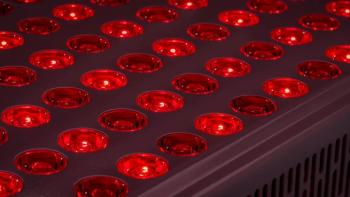
6 FDA-approved drugs show promising results against COVID-19
Emerging variants being tested in addition to main strain of the virus
In laboratory testing, 6 FDA-approved drugs demonstrated they could be successfully repurposed to treat and prevent COVID-19. A team of investigators from the Republic of China screened 2 large drug libraries cumulatively containing 3,769 drugs and found that some could inhibit 2 protein-cutting enzymes essential to SARS-CoV-2’s replication.1
In testing the drugs, researchers grew the virus in petri dishes and applied each drug to different dishes. They then conducted plaque reduction assays in order to determine each drug’s effectiveness against the virus.
Researchers are now planning to test the drugs against new strains of the virus, particularly those variants which emerged first, those which are most dominant, and those which are most contagious.
The research enables investigators to better understand how coronavirus proteases recognize their substrates during replication, which will help them fine-tune the drugs identified as most effective to be more efficient.
”Despite the variations of the virus strains emerging over the years, considering the significance of the 3CL protease in the viral replication and the relatively low likelihood for this protein target to mutate, we aim to develop a broad spectrum of antiviral drugs using our platform, helping to prevent the emergence of future pathogenic SARS-CoV strains,” says Po-Huang Liang, PhD, research fellow and professor at the Institute of Biological Chemistry, Academia Sinica, Taiwan, Republic of China.
Dr. Liang’s group began working on one of the study’s proteases, known as 3CLpro, 18 years ago, during the outbreak of the original SARS virus.
Reference
1. Kuo CJ, Chao TL, Kao HC, Tsai YM, Liu YK, Wang LHC, et al. Kinetic characterization and inhibitor screening for the proteases leading to identification of drugs against SARS-CoV-2.
Antimicrob Agents Chemother. 2021 18;65(4):e02577-e02620.doi:
Newsletter
Want more insights like this? Subscribe to Optometry Times and get clinical pearls and practice tips delivered straight to your inbox.





























